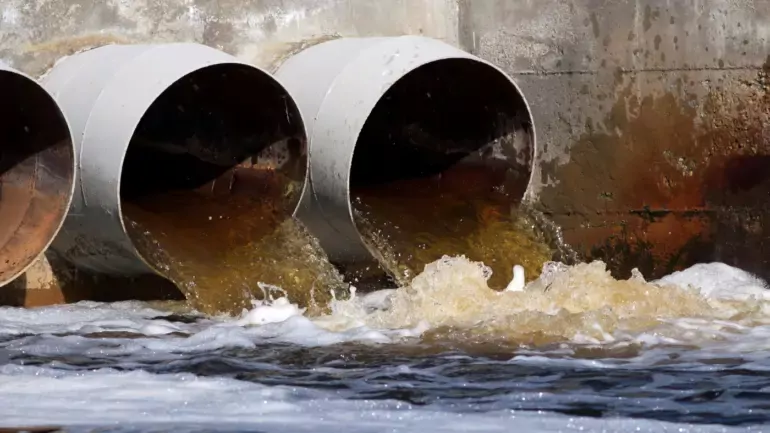The global water shortage presents a critical concern, considering the indispensable role of water in sustaining human life and its multifaceted impact on various aspects of existence. Despite the Earth’s surface being predominantly covered by water, the accessible reservoir of fresh water is alarmingly scarce, constituting a mere 3% of the total volume, with a significant portion confined within inaccessible glaciers and ice caps.
The integrity of essential water systems is increasingly compromised, leading to depletion and contamination, hence rampant water shortage. Concurrently, environmental alterations induced by climate change exacerbate erratic weather patterns, resulting in droughts and floods, further aggravating the crisis.
As per a report disseminated by UNESCO on behalf of UN-Water during the 2023 water conference in New York, approximately 26% of the global populace lacks access to safe drinking water, while 46% lack adequately managed sanitation facilities. Moreover, between 2 to 3 billion individuals experience periodic water scarcity, and projections indicate a doubling of the urban population facing water stress by 2050, underscoring an imminent global water crisis.
To effectively confront this impending crisis, a comprehensive analysis of its root causes is imperative, alongside the formulation of mitigative strategies aimed at ensuring the collective sustenance of humanity and the preservation of ecosystem diversity.
Climate change stands out as a primary catalyst, with the relentless emission of greenhouse gases precipitating alterations in weather patterns and the accelerated melting of glaciers, thereby disrupting freshwater supplies hence water shortage times. Additionally, rampant pollution stemming from agricultural activities, industrial discharge, and untreated sewage exacerbates the predicament.

The exponential growth of the global population has substantially altered water ecosystems, with 41% of the populace residing in river basins experiencing water stress, attributable to unsustainable freshwater usage levels. Moreover, instances of conflict-driven manipulation of water resources for strategic advantage underscore the complex interplay between geopolitical dynamics and water scarcity. Addressing the inherent disparities in power and resource allocation is paramount, as marginalized communities often lack the requisite political agency to advocate for their water rights, thus perpetuating the crisis.
Instituting collaborative frameworks is pivotal in ensuring universal access to water resources. Effective management of water supply and sanitation systems necessitates concerted efforts between urban and rural communities to bolster food security and safeguard livelihoods. Furthermore, fostering cooperation over transboundary water bodies fosters diplomatic relations and enhances water security on a global scale, despite the current paucity of formal cooperative agreements in this domain.
Partnerships and community engagement play pivotal roles in the mitigation endeavor, with inclusive financing schemes facilitating upstream habitat conservation and agricultural land management. Successful initiatives such as the Tana-Nairobi River watershed project underscore the efficacy of collaborative endeavors in enhancing water quality and quantity. Furthermore, embracing innovative approaches such as wastewater treatment and desalination is imperative in augmenting water availability sustainably.
Preserving water resources for posterity entails a concerted effort to enhance efficiency and conservation measures across various sectors. Ameliorating leakages in municipal infrastructure and harnessing unconventional water sources are instrumental in this regard. Collective action is imperative in averting a deepening global water crisis. Audrey Azoulay, Director-General of UNESCO, advocates for the establishment of robust international mechanisms to ensure equitable water distribution and sustainable management, emphasizing the imperative of collaborative action in safeguarding this invaluable resource.


